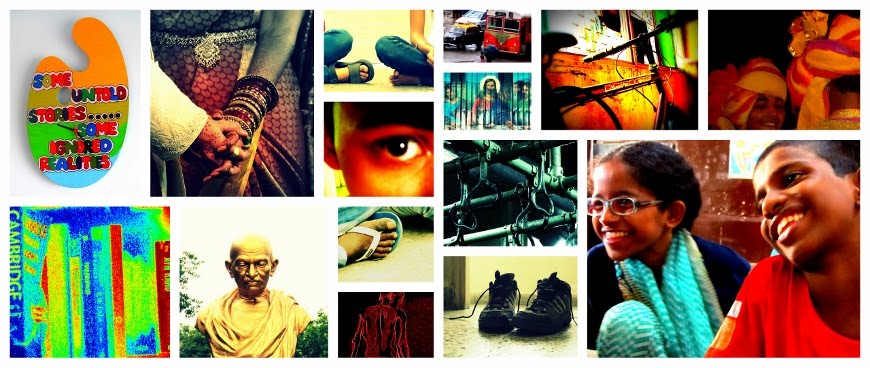Call Out.
I am in a meeting with a small group of 4th graders, in Mumbai, India. They are here to discuss a donation program they are working on for children who may not have access.
We are discussing various parts of the project to iron out our concerns. I have reviewed their presentation before coming for this meeting. I had my reservations. But then they are 4th graders. Damn, the 4th graders! Those young little fellows! How do I talk about some of the issues of social justice that I think this program and the presentation have? May be I will skip it. I won't ask that question. You see elementary kids may not get it. Or will they?
As they arrive at their thank-you slide, they have a "happy black african girl". In this moment, while they are almost jubilant that mosts their presentation has been appreciated, I ask, "why this picture?"
I pause. I am nervous. May be, I should have skipped this question? You see, they were so thought about everything else. Their reason is so honest. They have tried to do this on their own before making it a school CSR project. Now, is it appropriate for their age to engage in this? Is my language too middle/high school?
And I hear the girl who made the presentation respond, "because we didn't find any other." and smiles nervously.
I enquired further,"If I say this may not be most appropriate picture for this presentation, why would I say so?"
"Because its about India?" wonders the first one.
"Is it because its about race?" responds the second.
I further ask, "what about race? and why this may not okay?"
He adds tentatively, "because it shows all black people are poor..." and added, "and that's a generalisation and may be true."
Yes! Kids get it. If we call them out in the right way at the right time and give them space to be able to explore these questions, they get it. And they must get it. At 4th grade. or may be even before that. Let's call out. Let's call in. With our best and honest intentions. With all the courage and love in our hearts. That's my lesson for the day.











